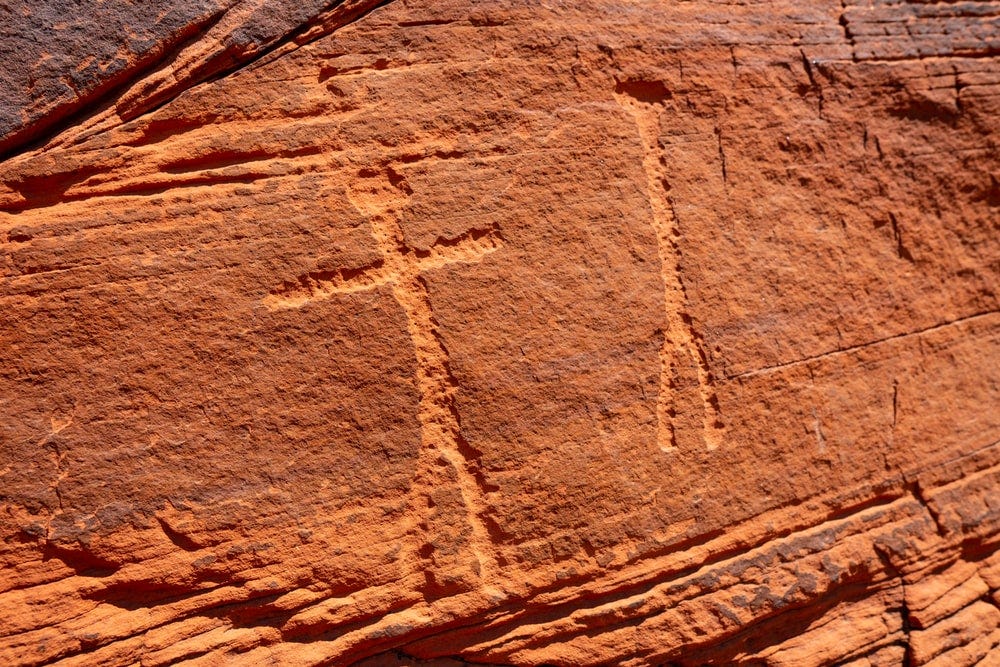Climate Headlines | August 14
Some of the US has already warmed more than 2°C. Here's what it's like there.
Degrees is a daily round-up of climate headlines, assembled by Eric McDaniel.
🌡️ News
2°C: Beyond the Limit. Extreme climate change has arrived in America
August 13 | By Steven Mufson, Chris Mooney , Juliet Eilperin and John Muyskens, Washington Post (10 min. | Tweet)
A massive new interactive/series from the Post. Click through on this one:
Over the past two decades, the 3.6 degrees Fahrenheit number has emerged as a critical threshold for global warming. In the 2015 Paris accord, international leaders agreed that the world should act urgently to keep the Earth’s average temperature increases “well below” 3.6 degrees Fahrenheit by the year 2100 to avoid a host of catastrophic changes.
Also, ever wonder where that big “2C” number came from?
The Anthropocene Is a Joke
August 13 | By Peter Brannen, The Atlantic (16 min. | Tweet)
The gist: we haven’t come close, at all, to creating our own geological epoch. Two great passages—
It is of a thread with our species’ peculiar, self-styled exceptionalism—from the animal kingdom, from nature, from the systems that govern it, and from time itself. This illusion may, in the long run, get us all killed. We haven’t earned an Anthropocene epoch yet. If someday in the distant future we have, it will be an astounding testament to a species that, after a colicky, globe-threatening infancy, learned that it was not separate from Earth history, but a contiguous part of the systems that have kept this miraculous marble world habitable for billions of years.
And—
If, in the final 7,000 years of their reign, dinosaurs became hyperintelligent, built a civilization, started asteroid mining, and did so for centuries before forgetting to carry the one on an orbital calculation, thereby sending that famous valedictory six-mile space rock hurtling senselessly toward the Earth themselves—it would be virtually impossible to tell. All we do know is that an asteroid did hit, and that the fossils in the millions of years afterward look very different than in the millions of years prior.
Documenting a City’s Nocturnal Living
August 13 | By Libby Peterson, New York Times (3 min. | Tweet)
Adjusting to the effects of climate change in Phoenix has been a slow burn for its residents. Covering it required these two journalists to flip their internal clocks.
More:
Wet, Wild And High: Lakes and Rivers Wreak Havoc Across Midwest, South (NPR)
Heat Wave Sweeps Through Southern United States (New York Times)
Big Money Starts to Dump Stocks That Pose Climate Risks (Bloomberg)
Arctic wildfires spew soot and smoke cloud bigger than EU (Guardian)
L.A.'s Green New Deal polarizes voters in a district haunted by environmental disaster (LA Times)
💬 Comment
The glaciers of Iceland seemed eternal. Now a country mourns their loss
August 13 | Andri Snær Magnason, Guardian (TK min. | Tweet)
My grandparents mapped these giants of the landscape. A plaque will mark the spot where the first was lost to the climate crisis.
📅 Calendar
Sept 4, New York City – CNN Climate Town Hall
Sept 19-20, Washington DC – MSNBC Candidate Climate Forum
Sept 23, New York City – UN Climate Action Summit
Dec 2-13, Chile – Santiago Climate Change Conference (UN)
More newsletters: Today’s Climate // Grist // Carbon Brief // Climate FWD (NYT)
Climate series: The Guardian’s Running Dry // Scientific American’s Hot Planet blog // NPR’s Getting to Zero Carbon //
Enjoying the newsletter? Forward it to a friend:

Photo by Joshua Gresham


